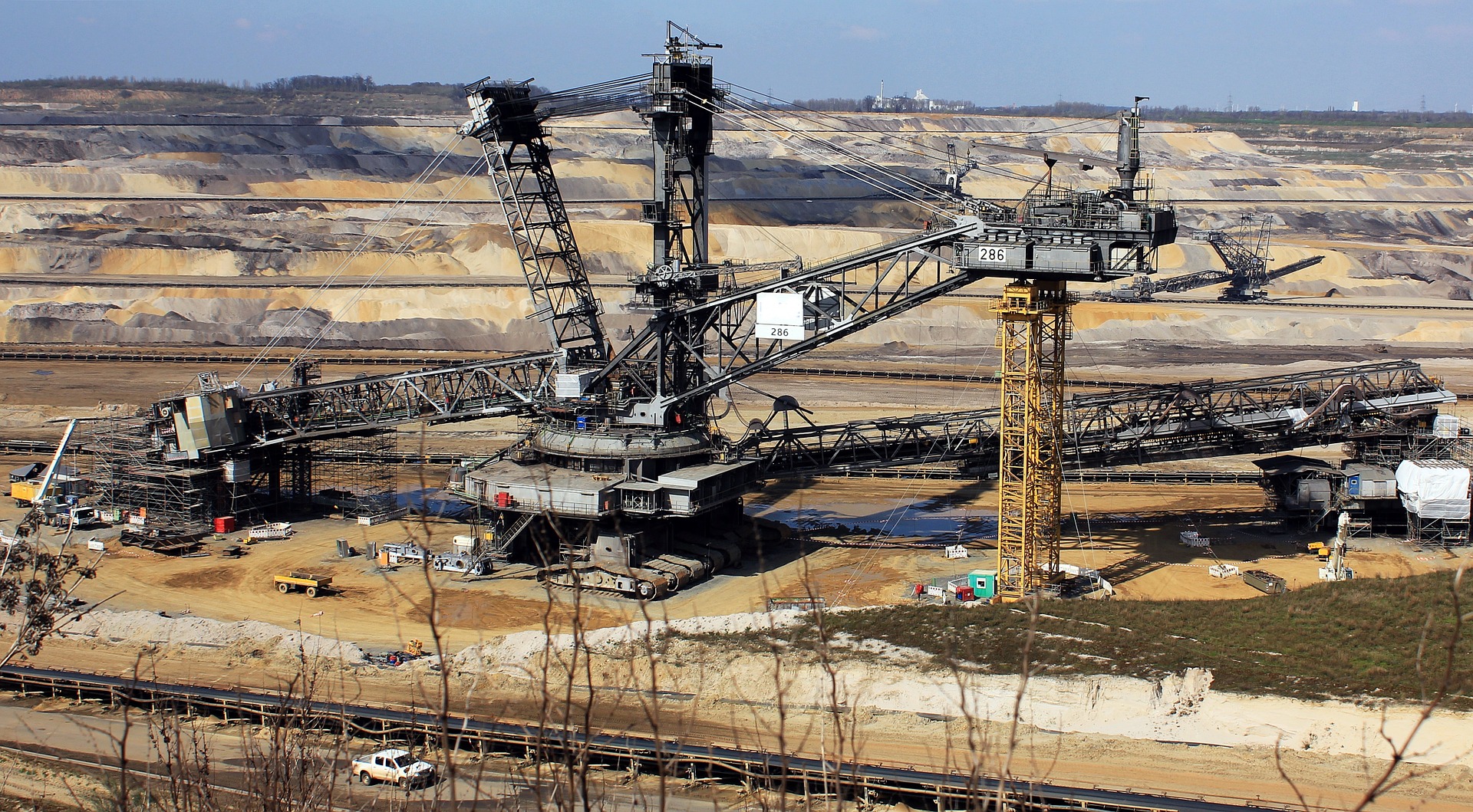Water scarcity and the development of artificial intelligence, or the so-called fourth industrial revolution, are two of the main challenges facing societies, but also investors. At the latest Funds Society Virtual Investment Summit, Allianz Global Investors’ artificial intelligence portfolio manager James Chen and AllianzGI’s product specialist for the firm’s Global Water strategy Alexandra Russo discussed the potential investment prospects in both sectors together with Alberto D’Avenia, who heads the firm’s U.S. non-resident and Latin America distribution efforts. This event can be viewed again at this link (password VIS_AliianzGI_09/28).
Titled, “From water to artificial intelligence: investing in next-generation infrastructure”, AllianzGI analysed the role of infrastructure in the development of both themes. In the case of water infrastructure, we are at a key moment for investment in the United States, where the Biden administration is planning massive infrastructure stimulus to prepare the country for an increasingly digital and environmentally sustainable world as well as the challenge of climate change.
With a new plan for billions of dollars of investment, a commitment to renewing water infrastructure has a major role to play. But while the United States is taking a leadership role in its commitment to development and innovation, governments around the world have begun to upgrade their water infrastructure on their own, creating an opportunity for investors to achieve attractive investment returns while advancing the UN’s Sustainable Development Goals.
Alexandra Russo, AllianzGI’s Product Specialist for Global Water, explained that the opportunity for investment in water infrastructure in the medium to long term is due to the water scarcity affecting the entire planet. Given that with today’s population there is already a problem of water scarcity in a world where water is needed not only for human consumption, but to produce almost every good we use and consume, from clothing to technology, it is to be expected that as the population grows, governments and businesses will increasingly focus on providing smart water-saving and water-management solutions.
“Given that there is no alternative to fresh water, companies that offer solutions to real challenges, whether it’s improving our infrastructure, or helping us do more with less… are well positioned to capitalise on a long-term resilient growth opportunity,” she said.
Some of the factors that will drive investment in water infrastructure are, in addition to population growth, urbanisation, rising living standards, electrification and a preference for water-intensive foods such as meat, she said. For example, the growing increase in the population living in cities will lead to investment in infrastructures to be supply water and treat it properly, and increasing living standards will lead to a greater demand for clean, quality water for domestic use, while in developing countries, progressive industrialisation will increase water consumption. For example, in an industrialised country such as the United States, industrial use accounts for almost 50% of water use.
Furthermore, investing in water is a sustainable investment in line with the United Nations’ Sustainable Development Goals, No. 6 of which is “universal access to safe and affordable drinking water for all by 2030”. According to Russo, beyond investing in distribution companies, it is possible to direct capital towards those that are producing solutions to the challenges we face. She said opportunities include, “companies that are helping to preserve and protect our existing water supplies, or companies that are creating the technology to do more with less water supply, such as in agriculture. Also in companies that help us treat our water and filter it so that we can then drink it and know it’s safe,” all of which would be in line with that goal.
In terms of the approach to investing in this sector, Russo said active asset management can be helpful to identify “those companies that are developing technology and providing solutions” to the world’s water problems. Special attention should be given to companies which have a significant portion of their profits tied to water. “Water scarcity is not something that is going to be solved, so the companies that are providing the solutions are well positioned to offer far-reaching investment support and also serve to generate a positive environmental impact,” she said.
Artificial intelligence: a bet on multi-sectoral productivity
On the other hand, the AllianzGI experts explained that investing in companies developing products and services that leverage artificial intelligence is shaping up to be a potentially great opportunity to profit in the short to medium term in the context of what many are already calling the “fourth industrial revolution”. For James Chen, artificial intelligence portfolio manager at Allianz Global Investors, artificial intelligence is a “transformative force that is going to bring about profound change in the economy”.
In fact, AI-based technology has already moved beyond the digital industry and is being deployed in many other sectors, such as agriculture and healthcare, he said. Asked about the potential of AI to improve the water problem, Chen said that the construction of water infrastructure will provide a lot of accumulated data that could be more effectively managed by this new technology.
Although, according to Chen, the development of AI is at an early stage and it will take decades for computers to be able to operate as effectively as, or even exceed, the capacity of a human, in the next 10-20 years AI-based technology will drive an increase in productivity, making it a safe investment value. “In particular, artificial intelligence could be worth up to 15.7 trillion euros by 2030, which is more than the GDP of China and India combined,” Chen explained, citing PwC research.
However, the Chen said, it is worth bearing in mind that there are going to be many waves of innovation and investment and that, while investment in AI has the potential to produce a return on investment faster than other sectors, there may be periods of stagnation and growth. Nevertheless, in the long term, the economy and industry should benefit greatly from the transformation that artificial intelligence could drive, he said.
Moreover, for Chen, this “fourth industrial revolution” that will be led by the development of AI is compatible with ESG parameters. For example, he explained, in the field of agriculture, the ability to eliminate the use of pesticides and increase water savings could allow for more eco-friendly crops. In general, according to Chen, AI can serve to enhance ESG aspects in industry, although in each sector and each company the applications of this new technology are very different and there is no universal approach to link artificial intelligence and ESG.


